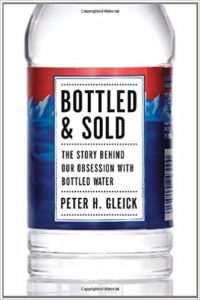
Put down that bottle of water, please, take a deep breath, and listen up. It’ll only take a few minutes, and when I’m done, you may never pick up a bottle of water again.
Estimated reading time: 6 minutes
“Bottled water? This is a problem?” Yes, to Berkeley scientist Peter Gleick, co-founder and president of the world-renowned Pacific Institute, “bottled water is a symptom of a larger set of issues: the long-term decay of our public water systems, inequitable access to safe water around the world, our susceptibility to advertising and marketing, and a society trained from birth to buy, consume, and throw away. . . Suburban shoppers in America lug cases of plastic water bottle from the grocery store back to homes supplied with unlimited piped potable water in a sad and unintentional parody of the labor of girls and women in Africa, who spend countless backbreaking hours carrying containers of filthy water from distant contaminated sources to homes with no water at all.”
Bottled and Sold: The Story Behind Our Obsession with Bottled Water by Peter H. Gleick ★★★★★
“Americans now drink more bottled water than milk or beer.”
Bottling water on a large scale is a relatively new phenomenon. “In the late 1970s,” Gleick writes, “around 350 million gallons of bottled water were sold in the United States — almost entirely sparkling mineral water and large bottles to supply office water coolers. . . In 2008, nearly 9 billion
gallons of bottled water were packaged and sold in the United States and five times this amount was sold around the world.” That’s a 25-fold increase in three decades, and “Americans now drink more bottled water than milk or beer.” (Betcha didn’t know that, did you? I sure didn’t!) Now, “data on beverage consumption reveals that on average, each of us is actually drinking around 36 gallons per year less tap water.”Gleick notes that “when we do actually look, we find evidence that there are potentially serious quality problems with bottled water. . . [However], [t]he system for testing and monitoring the quality of bottled water is so flawed that we simply have no comprehensive assessment of actual bottled water quality.”
The FDA is the culprit
So, why hasn’t somebody done something about this? It turns out that the FDA is the culprit. Bottled water falls within the FDA’s purview. Gleick cites a study by the Government Accountability Office to the effect that “while the FDA does very few actual inspections of water bottlers, the few they conducted between 2000 and 2008 found problems a remarkable 35 percent of the time. Even this warning sign led to ‘little enforcement action.'”
OK, maybe you feel bottled water tastes better than water from the tap. But you’re probably fooling yourself. As Gleick reports, “test after test shows the same things: people think they don’t like tap water, but they do. Or they think they can distinguish the taste of their favorite bottled water, but they can’t.” Just check out “bottled water taste test” on YouTube, if you don’t believe this.
Top Ten Reasons Not to Drink Bottled Water
Here, then, are the Five Reasons Not to Drink Bottled Water:
10. Tap water is free, and bottled water isn’t.
9. The quality of tap water is rigorously regulated, and bottled water’s isn’t.
8. Discarded plastic water bottles end up in landfills or on roadsides by the billions. For example, “Berkeley (population 114,000) sends around six tons of PET [the plastic used in water bottles] a week to plastics recyclers — much of it used water bottles.”
7. Large scale water-bottlers sometimes drain aquifers and cause wells to run dry in communities where their plants are located.
6. Large corporations such as Nestle (Pure Life), Coca-Cola (Dasani), and PepsiCo (Aquafina) own the major bottled water brands and suck in massive profits, making them even larger.
And here are the Top Five Reasons Not to Drink Bottled Water
5. Most bottled waters are marketed in a misleading way. For examples, “Yosemite” brand water is actually municipal tap water from Los Angeles.
4. “Making the plastic for a liter bottle of water actually takes three or four more liters of water itself.”
3. If you live in California “and buy Fiji Water, the energy cost of transporting the water to you is equal to the energy embodied in the plastic bottle itself.” If it’s Evian water instead, the energy expended is even greater.
2. The total energy cost of bottled water, including the materials used, the production process, and the transportation, “is a thousand times larger than the energy required to procure, process, treat, and deliver tap water.”
1. Smart restaurateurs like Alice Waters are starting to ban bottled water on their tables. And who are you going to believe if you won’t believe Alice?
Gleick advocates policy reforms
So, are you ready now to reconsider the balance between the convenience of bottled water and the safety of tap water? Chances are the water from your tap is a much better bet. That’s certainly the case where I live in Berkeley.
Our own personal considerations aside, Gleick draws policy implications from his study of bottled water. He advocates five major reforms: state-of-the-art tap water systems; smarter water regulations; truthful labeling; consumer protection; and lower environmental impact.
About the author
If you’ve heard of Peter Gleick, it may be because you came across his name when he won a MacArthur Foundation “genius” grant — or perhaps in connection with global warming, international development, national security, California’s water resources, or something else to do with water. Gleick, editor of the biennial sourcebook The World’s Water for many years, is widely acknowledged to be the world’s leading authority on that subject. However unfortunately, it’s a little more likely you heard Gleick’s name during the flurry of news awhile back — his true “15 minutes of fame” — that a group of right-wing climate change-deniers had caught him masquerading as a supporter on their website. That nasty little brouhaha soon boiled over, and sensible people — I count myself as one — never thought it amounted to much, anyway.
So, what now? Are you going to finish that bottle of water, drink up any others you’ve still got around the house, and switch to using the tap? No? Think about it!
For related reading
This is one of the many Good books by Berkeley authors.
You might also enjoy Science explained in 10 excellent popular books.
If you enjoy reading nonfiction in general, you might also enjoy:
- 10 great biographies
- My 10 favorite books about business history
- 20 top nonfiction books about history
- The 10 most memorable nonfiction books of the decade.
And you can always find my most popular reviews, and the most recent ones, on the Home Page.

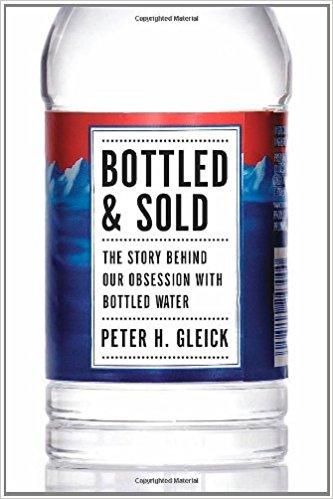

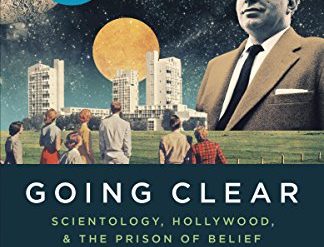
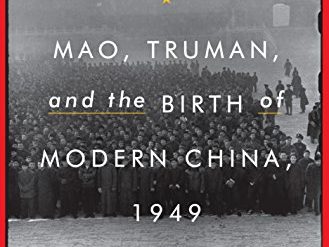
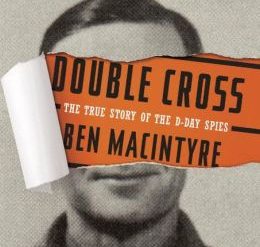

















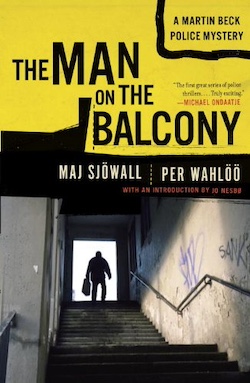




I use a Britta filter refrigerator dispenser for my drinking water, though I use the tap for cooking. You’re right about taste, but the refrigerator makes it cold, which I prefer, also because I don’t drink soda pop with that hi fructose corn sweetener, which is another scam upon the public.
I’ve been surfing online more than 2 hours today, yet I never found any interesting article like yours. It’s pretty
worth enough for me. Personally, if all website owners and bloggers made good
content as you did, the net will be much more useful than ever before.